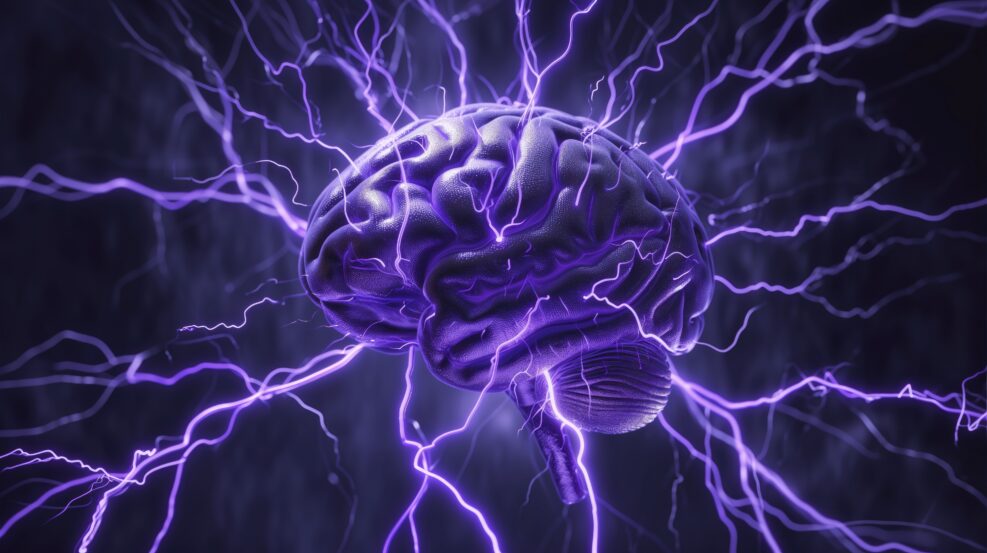
ArchiveArticles


Dembski: Does the Squawk Around AI Sound Like the Tower of Babel?
Well then, maybe that’s just what it is, he argues, in a new series of short essays
Business Media Report That 2023 Was a Bad Year for Tech Startups

Human Impersonation AI Must Be Outlawed
I didn't used to think that AI systems could threaten civilization. Now I do.
Leading Neuroscientist Wavers on Physical View of Consciousness
On Closer to Truth, Christof Koch said last month, “Consciousness cannot be explained only within the framework of space and time and energy, but we need to postulate something additional”
The Cancel Culture Mob Comes For the Evolutionary Biologists

Science Wager: Extraterrestrials Will Be Spotted Within 15 Years
An astrobiologist had made the bet with a planetary scientist, after they whittled down ET theories to two possibilities: They’re hiding or they’re not out there
Alien Resurrection, Part 2: Trying to Recover After a Retcon
The writers of the show never seemed to agree on how smart these aliens really are.
Five Trends That Help Us Make Sense of Space Science Today

Why Animals Don’t Really Have Anything Much to Say

Are Researchers Taking Mystical Experiences More Seriously Now?

Bacteria Have Memories? Well, That’s What Some Researchers Found…

Scientists Spar Over What a Netflix Science Documentary Should Be
Should “Ancient Apocalypse” be relabeled “science fiction” if archeologists don’t think the documentary writer’s claims are valid?
Can AI Really Start Doing Evil Stuff All By Itself?
We need to first talk to the man in the mirror before we go around blaming transistor circuit boards for what’s wrong in the world
Citizen Scientist Forrest Mims Tells His Remarkable Life Story
In his new book “Maverick Scientist,” he details the ups and downs of an extraordinarily productive life in science, with few credentials to hide behind
How Quantum Theory Relates To Consciousness
Experimental physicist Rob Sheldon explains the background to Hameroff and Penrose’s contested quantum consciousness theory, which is beginning to be tested
How Life Differs From Matter: It Intentionally Uses Information

The Theory That Consciousness Is a Quantum System Gains Support
Hameroff and Penrose’s Orch Or Theory sees consciousness as the outcome of a quantum collapse of a wave function
Tech Billionaires and Their Science Fiction Dreams
They're mistaking cautionary tales for instruction manuals.